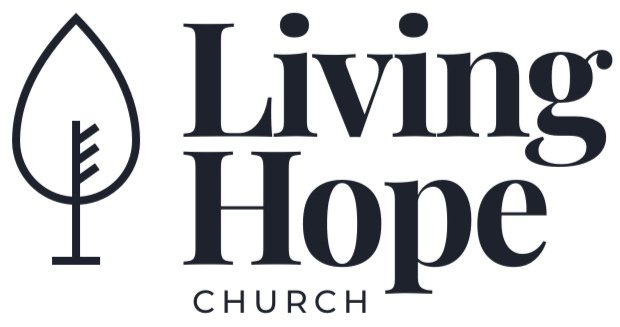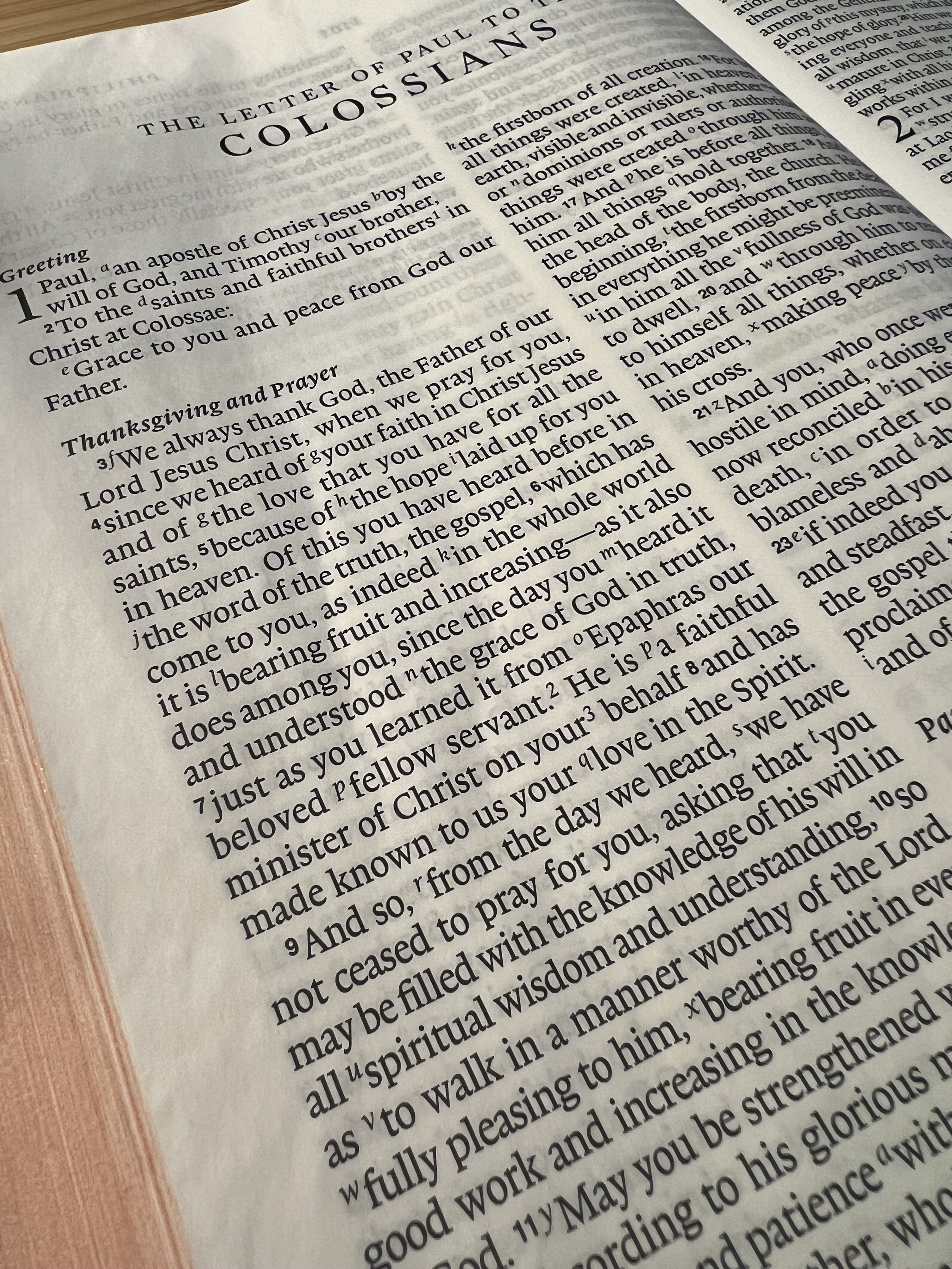Today is our first day reading in “Daily Doctrine.” Hopefully you all were able to pick up a copy of the book. I very much appreciated the approach of DeYoung that comes through in the very first line: “The aim of Christian theology is to know, enjoy, and walk in the light of the knowledge of the glory of God in the face of Jesus Christ.” Our goal is not knowledge for the sake of knowledge, but knowledge to know and love our Lord more deeply and fully and to be able to trust him more completely.
This reminds me of something else I read earlier this week from Herman Bavinck, a dutch theologian from the late 1800’s and early 1900’s. He wrote: “Indeed, to know God does not consist of knowing a great deal about Him, but of this, rather, that we have seen Him in the person Christ, that we have encountered Him on our life’s way, and that in the experience of our soul we have come to know His virtues, His righteousness and holiness, His compassion and His grace…That is why this knowledge, in distinction from all other knowledge, bears the name of the knowledge of faith. It is the product not of scientific study and reflection but of a childlike and simple faith. This faith is not only a sure knowledge but also a firm confidence that not only to others, but to me also, remission of sins, everlasting righteousness and salvation are freely given by God, merely of grace, only for the sake of Christ’s merits. Only those who become as little children shall enter the kingdom of heaven (Matt. 18:3). Only the pure of heart shall see the face of God (Matt. 5:8). Only those born of water and of the Spirit can enter the kingdom (John 3:5). Those who know His name will put their trust in Him (Ps. 9:10). God is known in proportion to the extent that He is loved.”
May this be our prayer - to love God more and more in our growing knowledge of Him this year!!


